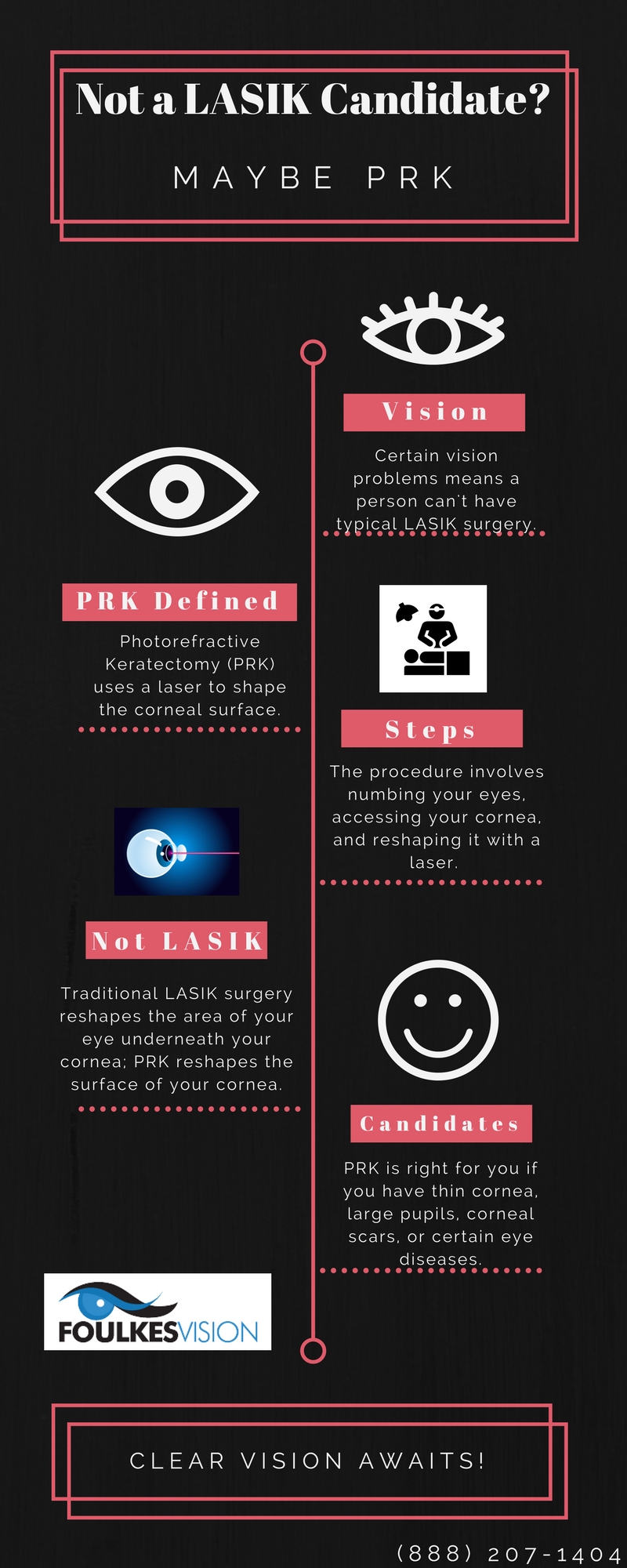Is SMILE Eye Surgical Procedure A Great Fit For You? Critical Insights And Elements To Evaluate
Is SMILE Eye Surgical Procedure A Great Fit For You? Critical Insights And Elements To Evaluate
Blog Article
Content Composed By-Lundgreen Cochran
If you're considering SMILE eye surgery, contemplate this: are you prepared to accept possible visual flexibility, or does the thought of any dangers make you be reluctant? Your choice will depend upon a mindful equilibrium of weighing the benefits against the uncertainties. It's essential to delve much deeper into the subtleties of SMILE surgery to make an educated choice that lines up with your visual goals.
Comprehending SMILE Eye Surgical Procedure
When considering SMILE Eye Surgical procedure, it is necessary to comprehend the treatment and its benefits. SMILE, which stands for Little Cut Lenticule Extraction, is a minimally invasive laser eye surgical procedure that deals with common vision troubles like myopia (nearsightedness).
Throughout the treatment, your eye surgeon will use a femtosecond laser to develop a little cut in your cornea. Through this incision, a tiny disc of tissue called a lenticule is eliminated, reshaping the cornea and remedying your vision.
Among the vital advantages of SMILE Eye Surgery is its quick recuperation time. Lots of people experience boosted vision within a day or 2 after the treatment, with marginal pain.
Furthermore, SMILE is recognized for its high success price in giving long-lasting vision improvement. Unlike LASIK, SMILE doesn't need the production of a flap in the cornea, reducing the threat of issues and enabling a much more stable corneal framework post-surgery.
Comprehending the treatment and its benefits is crucial when considering SMILE Eye Surgical procedure for vision modification.
Pros and Cons of SMILE
Considering SMILE Eye Surgery for vision adjustment includes different benefits and possible disadvantages.
Among https://lasiksurgerydoctor73604.bloginder.com/29842598/the-value-of-a-cataract-surgeon-comprehending-their-expertise-and-surgical-techniques of SMILE is its minimally intrusive nature, as it entails a little incision and normally leads to quick recuperation times. The treatment is additionally understood for causing marginal pain and dry eye signs and symptoms post-surgery contrasted to various other vision adjustment methods. Additionally, SMILE has been revealed to offer exceptional visual results, with many patients accomplishing 20/20 vision or better.
On best cataract surgery doctors near me , a prospective disadvantage of SMILE is that it might not be suitable for people with extreme refractive errors, as the therapy array is rather restricted contrasted to LASIK. An additional consideration is that the understanding curve for doctors executing SMILE can impact the accessibility of experienced service providers in specific areas.
https://menafn.com/1102854475/Realtimecampaigncom-Promotes-Lasik-Eye-Surgery-Reviews-Clearing-Up-Some-Misconceptions-about-Refractive-Procedures&source=29 is very important to evaluate these benefits and drawbacks meticulously when making a decision if SMILE is the appropriate option for your vision correction demands.
Identifying Qualification for SMILE
To establish if you're qualified for SMILE eye surgical procedure, your optometrist will certainly conduct an extensive evaluation of your eye wellness and vision needs. During this evaluation, variables such as the stability of your vision prescription, the density of your cornea, and the general health and wellness of your eyes will certainly be analyzed.
Usually, candidates for SMILE more than 22 years old, have a steady vision prescription for at the very least a year, and have healthy and balanced corneas without conditions like keratoconus.
Your ophthalmologist will certainly also consider your overall eye health and wellness, any existing eye conditions, and your way of life needs to determine if SMILE is the best choice for you. It's necessary to connect any kind of certain aesthetic requirements or problems you may have during this analysis to make sure that the therapy lines up with your assumptions.
If you aren't eligible for SMILE, your optometrist might advise alternative vision correction choices that far better match your private demands and eye health and wellness condition.
Final thought
Inevitably, deciding whether SMILE eye surgical procedure is right for you calls for mindful consideration of your private eye health and wellness and visual needs. Speak with your eye doctor to determine your eligibility for the treatment and evaluate the prospective benefits and drawbacks. Remember to interact any worries or concerns you may have throughout the analysis process to make an enlightened decision regarding your vision improvement alternatives.
